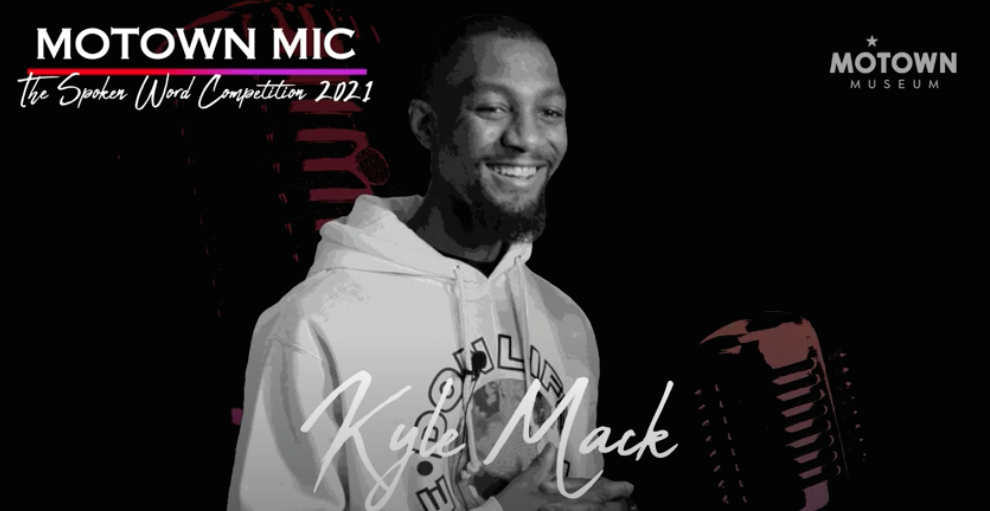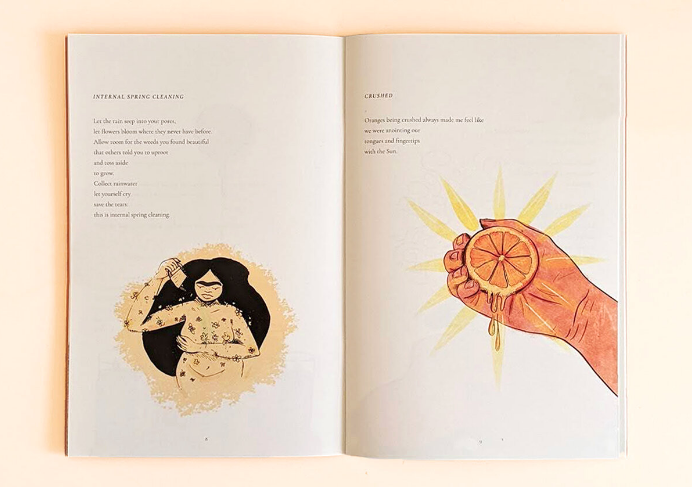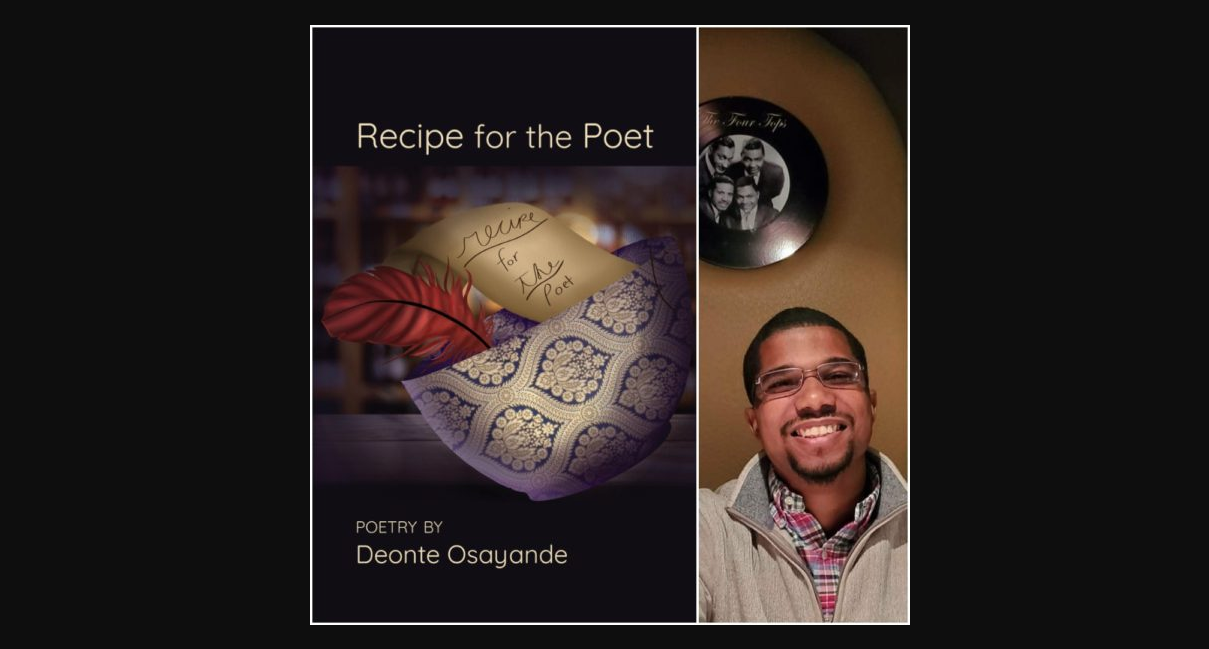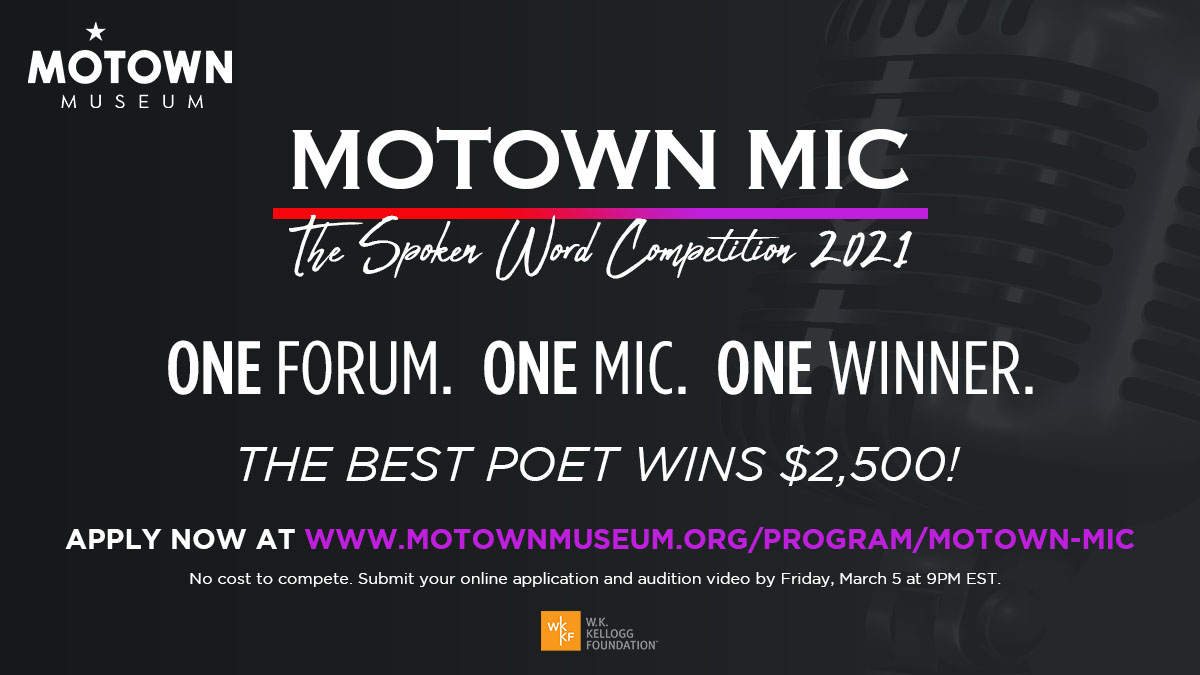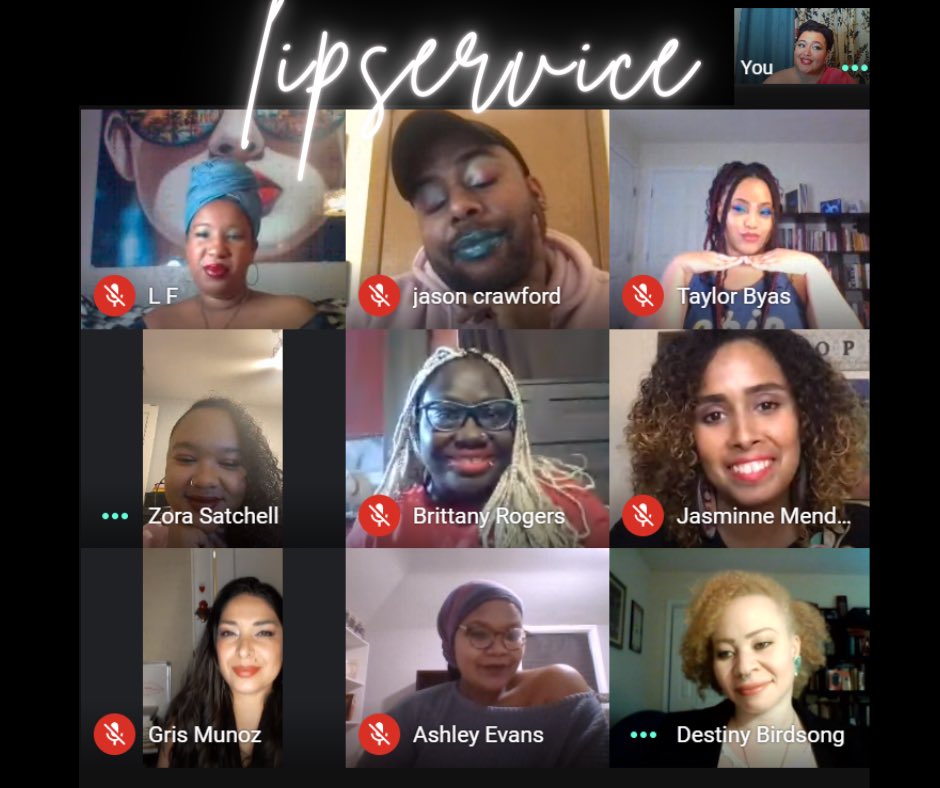It’s impossible to sum up everything that has blossomed since taking on the role of literary outreach coordinator (LOC) in Detroit in April of 2019. Onboarding at the offices of Poets & Writers in New York City seems like a distant point along an intricate timeline layered with colorful stories and discoveries. In this role, I have seen the literary community of Detroit grow and transform with support from the United States of Writing initiative. One huge highlight was the Project Grants for BIPOC Writers. These grants have opened a world of opportunity for local writers to engage with communities, whether in-person or virtually, through writing workshops, readings, and discussions.
Another highlight: The Detroit Writers Circle workshops that acted as informational and inspirational spaces, allowing me to put my own facilitation skills on the forefront. These activities paired with visits to many venues and organizers have made this an experience that I will be drawing from for years to come. There are also spaces like Room Project and Detroit Writing Room that helped enhance our efforts to connect with writers, and the countless individual artists and writers I have met and gotten to know better along the way.
As we end this season of exploration and growth, my LOC work will be taking a planned hiatus. How has it been two-plus years already? How were we able to grow even in a pandemic? How did we remain focused in the midst of police brutality and political unrest? It’s because our focus is the community. We couldn’t have done any of this without you.
I keep asking myself what was the best part of it all? What really recharged me were the interviews with writers that were included in this blog. The opportunity to lift up the amazing literary talent coming out of Detroit is something that is close to my heart, and I appreciate the opportunity to have done so through this blog. There are a wealth of writers who I still haven’t had the chance to connect with, and that makes me even more excited: to know there is still more work to be done and more talent to lift up. I’ve enjoyed my time as literary outreach coordinator and thank all of you!
If you’d like to find out more about mini-grants for writers, read more about the Readings & Workshops program and their guidelines.
Justin Rogers is the literary outreach coordinator for Poets & Writers in Detroit. Contact him at Detroit@pw.org or on Twitter, @Detroitpworg.




